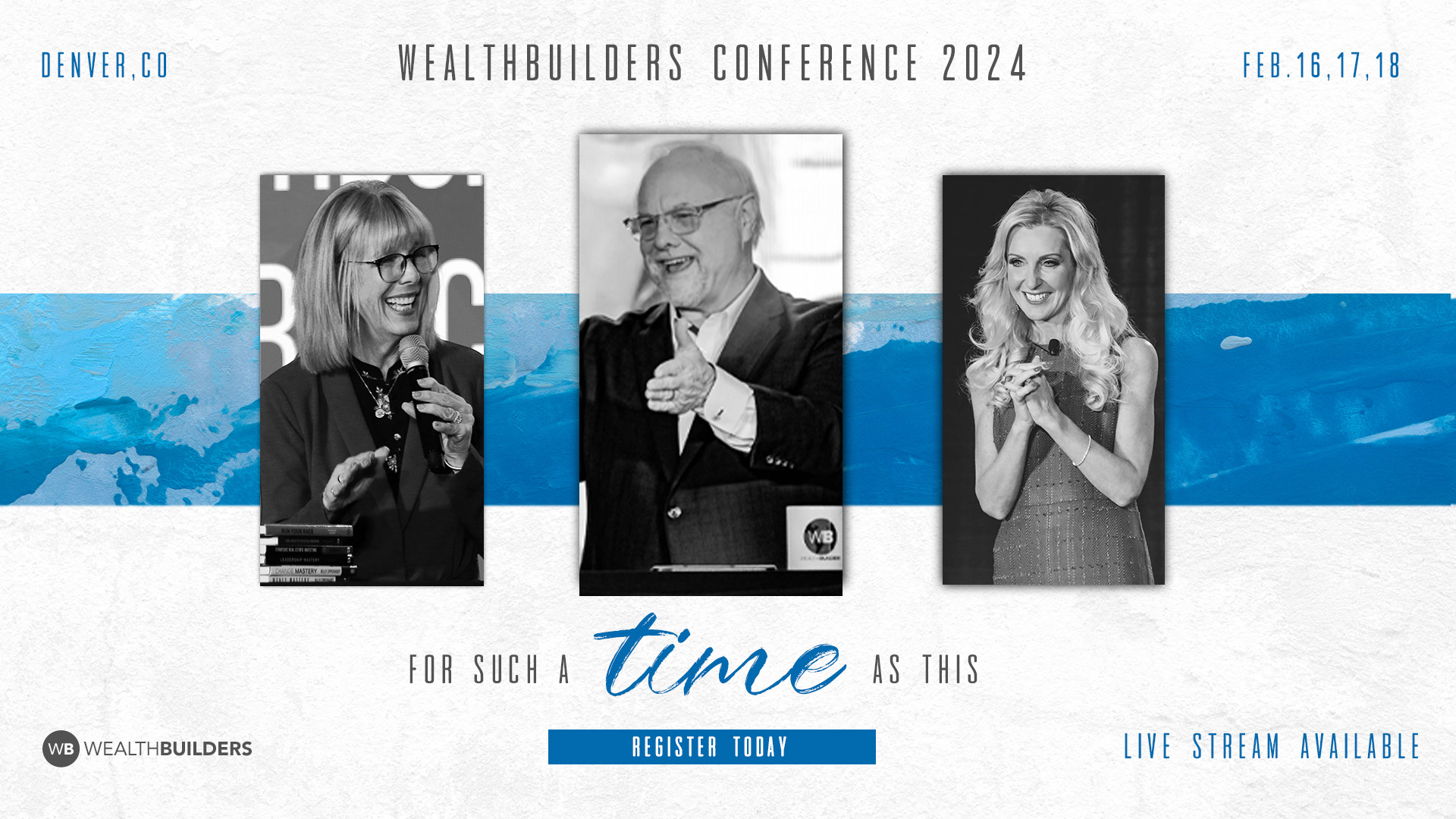What do you think it means to be wise? Well, just like intelligence, wisdom comes in many forms. There is a specific kind of wisdom in the Bible, and the Hebrew word for it is chokmâh: the ability to judge correctly and follow the best course of action. Chokmâh is practical wisdom. It is knowing what to do and when to do it. This is the kind of wisdom that comes from experience.
Christians are quick to pray for wisdom, and rightfully so–1 Corinthians 1:30 says Christ has become for us wisdom. However, in my experience, practical wisdom typically is not dropped into your lap supernaturally. It is the slow growth that comes from a committed partnership with God in a specific area. There is no shortcut to wisdom. In this blog post, we will explore 3 examples of practical wisdom found in the lives of three mighty men of the Bible:
- Solomon
- Bezalel
- Joseph

Practical Wisdom from the Bible: The Case of Solomon
If you want to know what wisdom in the Bible is, look no further than King Solomon, the Old Testament poster child for wisdom. He was the son of King David, and like his dad, he loved and followed God. When he became king of Israel, God appeared to Solomon in a dream and said, “Ask what I shall give you.” Solomon asks for wisdom, and God gives it to him in abundance. You can read this story in 1 Kings 4:29-31 (NIV):
“God gave Solomon wisdom and very great insight, and a breadth of understanding as measureless as the sand on the seashore. Solomon’s wisdom was greater than the wisdom of all the people of the East, and greater than all the wisdom of Egypt. He was wiser than anyone else, including Ethan the Ezrahite—wiser than Heman, Kalkol and Darda, the sons of Mahol.”
The scriptures go on to explain that Solomon:
- Spoke 3,000 proverbs
- Wrote over 3,000 songs
- Had knowledge about plant and animal life
- Was sought out by kings from all over the world
[Related: Wealthy Wisdom from The Book of Proverbs: 50+ Proverbs About Money]

Bezalel: Wisdom in Craftsmanship
Much like Solomon, the story of Bezalel reveals what wisdom in the Bible looks like in a practical way. Bezalel was a man commissioned by God to be the chief artisan of the Tabernacle and The Ark of the Covenant, a space that would hold the presence of God. It goes without saying, but this was an important job. Here is what Exodus 31:1-5 (ESV) says:
“The Lord said to Moses, “See, I have called by name Bezalel the son of Uri, son of Hur, of the tribe of Judah, and I have filled him with the Spirit of God, with ability and intelligence, with knowledge and all craftsmanship, to devise artistic designs, to work in gold, silver, and bronze, in cutting stones for setting, and in carving wood, to work in every craft.”
That phrase “filled with the Spirit of God” is mentioned all throughout the Bible (Ex. 28:3; 35:31; Deut. 34:9; Mic. 3:8). It means God is fitting a person for a task that serves the well-being of His people. Through the Holy Spirit, God equips us with wisdom for certain skills to serve the Body of Christ.

Joseph: A Tale of Wisdom in Service
Joseph has a true rags-to-riches story that is a great reflection of wisdom in the Bible. His jealous brothers sold him into Egyptian slavery when he was just a kid, resulting in a crazy journey of connecting to Pharoah, the top of the top. (You can read the whole story in Genesis 37-50.)
Eventually, Joseph interpreted one of Pharaoh’s dreams that nobody else could figure out. Joseph informed him that there would be seven years of plenty and seven years of intense famine. But he did not stop there. He advised Pharoah to select an overseer to reserve one-fifth of the produce of the land during the plentiful years so that they would have a reserve during the famine. Naturally, Pharaoh selected Joseph. He said:
“Since God has shown you all this, there is none so discerning and wise as you are. You shall be over my house, and all my people shall order themselves as you command. Only in regards to the throne shall I be greater than you.” (Genesis 41:39-40 ESV)
Joseph’s interpretation of the dream came to pass. Joseph’s family came to Egypt for provisions and, to their surprise, found Joseph. They repented, Joseph forgave them, and they came to live in Egypt. Pharaoh gave Joseph’s family Goshen, some of the best property in the land.
Unpacking These 3 Examples of Wisdom In the Bible
In each Biblical example of wisdom, God provided practical tools to the people who committed to their work. Take Solomon. God did not plug a USB with wisdom into Solomon’s head. Rather, Solomon applied himself to writing, biology, and leadership, and God blessed his efforts by giving him practical wisdom.
It is estimated that Solomon became king in his late teens, and he reigned for forty years in one of the most prosperous periods in Israel’s history, called “The Golden Age of Israel” by many. Solomon’s story is a reminder that when you learn about new subjects and topics, and apply your knowledge, you will grow in practical wisdom.
In the story of Bezalel, you can learn how to pursue excellence in your craft. When you do, God will give you divine opportunities to use it for His plans and purposes. Bezalel had some expertise in this area and worked wonders with it.
For Joseph, the trials in life did not stand in the way of his purpose. Through wisdom, Joseph served others which led to him being used to bless a nation. Service brings access. As you serve others in whatever sphere of influence you have, you will bless others, and God will bless you. What are your favorite examples of wisdom in the Bible? Share in the comments!
[Related: The Cycle of Success: Knowledge, Understanding, and Wisdom]

If you want to learn more about how to apply practical, biblical wisdom in your business and/or nonprofit, we created The 2024 WealthBuilders Conference just for you! You are invited to join us February 16-18 in Denver, Colorado, or on livestream. Click here to learn more.
This blog was originally published on June 3, 2022. It has been updated to better serve you on this wealth building journey.




Amen and amen ! This is absolutely a great insight. Many thanks dear Billy.
You are such a blessing !
To Jesus be all the Glory !
I do appreciate thé heart and wisdom of King David.
His leadership in caring for thé flock of lsrael.
Leading them in a Godly manner.
Forty brilliant years of kingship, with the assistance of the Spirit of Adonai.
Blessings and encouragement!
Awesome jewel of wisdom here! Thank you for sharing since wisdom is better than silver or gold because it profits us more!
This blog meet at a point I needed it.keep it up
I believe that reading word of God in the Bible is gate way to wisdom thanks be to God
This blog is right on time as I had been studying and meditating on wisdom scriptures. Thank you Lord for bringing this point of clarity and reflection through Wealth builders for such a time as this.
Pls. Good morning thanks so much for a practical wisdom in life and this is what we needed in our day to day life.
Thank you so much . Great insights there. God didn’t plug a USB into Solomons head
It’s refreshing and insightful. Thank you for these biblical examples to help us understand true wisdom and how to seek and apply it in different ways.
God bless you all and glory and honor to Jesus.